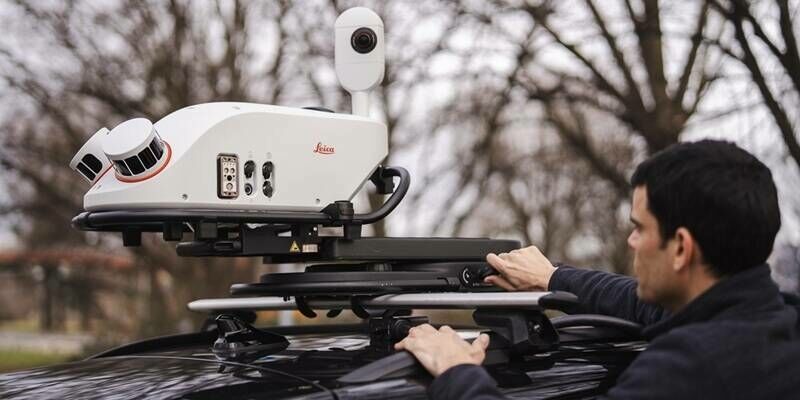The Airbus built forest monitoring satellite Biomass has been successfully launched into orbit.
A European Space Agency (ESA) flagship mission, Biomass will use its revolutionary P-band synthetic aperture radar instrument to measure forest biomass to assess terrestrial carbon stocks and fluxes to enable scientists to better understand the carbon cycle and its effects on climate change.
Launched on a Vega-C rocket from Europe’s Space Port, Kourou, French Guiana, the satellite will scan the Earth’s forests from an altitude of 666km during its five-year mission.
“Biomass will give scientists and climatologists unprecedented data on the state of the world’s forests, further enhancing the understanding of the climate cycle. The spacecraft is now safely in orbit and ready to deliver its precious data,” said Alain Fauré, Head of Space Systems at Airbus Defence and Space.
An ESA Earth Explorer mission, Biomass carries the first space-borne P-band radar, to deliver exceptionally accurate maps of tropical, temperate and boreal forest biomass to help improve the understanding of the part that forests play in regulating climate.
Biomass will also be able to measure paleo aquifers in desert regions to find new water sources in arid regions as well as contribute to observations of ice sheet dynamics, subsurface geology and forest topography. Biomass’ P-band radar will see through the forest canopy to the ground, improving current Digital Elevation Models in densely forested areas and provide a completely new view of the Earth’s surface.
Subscribe to our newsletter
Stay updated on the latest technology, innovation product arrivals and exciting offers to your inbox.
Newsletter

